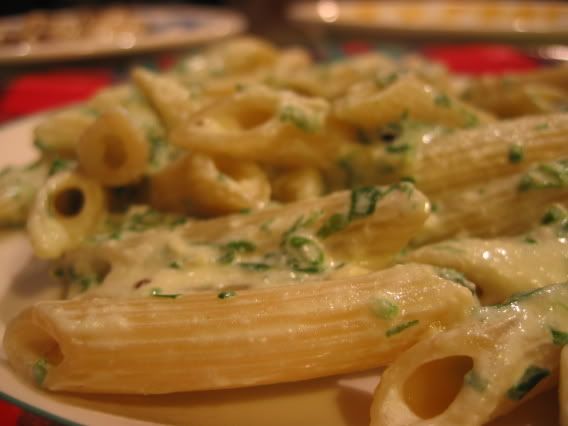What, in your view, do the rustic village characters contribute to the novel "Silas Marner"?
Just a bit of desperate revision before tomorrow's test. I MUST not screw up.
"Silas Marner" is a novel about human relationships and of people, woven together by the story of the redemptive power of love in the life of Silas Marner, the novel's very endearing protagonist. What, then, do the rustic characters of Raveloe, in their multiple appearances throughout the novel, have to contribute to the novel's grand scheme of things? From their rustic charm and down-to-earth approach to life and its travails, the rural folk of Silas Marner, in all their simplicity, enhance and colour "Silas Marner", and even teach us a few things about life. This essay will thus examine the role of the rustic folk in "Silas Marner", and discuss their contributions to the novel.
Thomas Hardy once commented that "the business of the poet and novelist is to show the sorriness underlying the grandest things, and the grandeur underlying the sorriest things", and this is particularly relevant to George Eliot's treatment of class-distinction in "Silas Marner". The rustic folk, with their simplicity- in morality, religion and lifestyle- are juxtaposed with the gentry, and this imposes upon readers the same moral judgements that Eliot forces upon us throughout the whole novel. From a simple reading of the novel, one immediately realises that the gentry is the only source of what is aptly labelled moral depravity and a very simple evil in all the characters. A quick glance reveals Dunsey Cass- a thief, braggart, drunkard and punter- and Godfrey Cass, a man of "indecision", keeper of dark secrets and later, the man that seeks to take Eppie away from Marner.
In contrast, the rustic folk offer a much rosier picture. We have caring Dolly Winthrop - a woman of "scrupulous conscience" and the one motherly figure in the novel-, the judicious Mr. Macey and of course, Silas Marner himself. Throughout the novel, Eliot fosters in us a certain fondness for the villagers of Raveloe. There is a spirit of community in the way they all begin to warm up to Marner, offering food and consolation, after his gold is lost, and in the way almost the whole village turns up for Eppie's wedding at the end of the novel. From the "iterated" talk amongst villagers about the happenings in each others' lives, we see Raveloe as a tight-knit society, and this is something very endearing in its illustration of human relationships. We can contrast this with the constantly turbulent relationships amongst the characters of the gentry whose lives we are given insight to. Our first meeting with Godfrey and Dunstan sees them quarelling, revealing Dunstan's hideous treachery at once, and we later see how Squire Cass, the purported "greatest man in Raveloe" is but a hedonist and a bad parent who cannot find it within him to even exchange morning pleasantries with his son. The rustic folk and their simple community spirit and general pleasantness thus contribute to the novel by forming a stark contrast with the gentry, showing how there is subtle beauty in simplicity.

